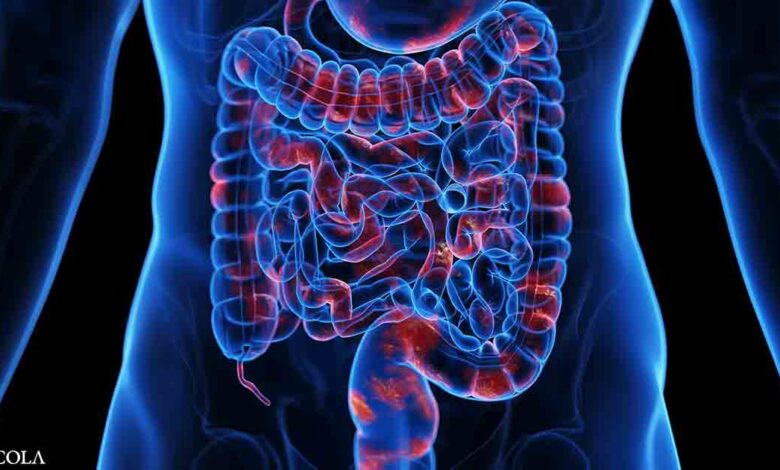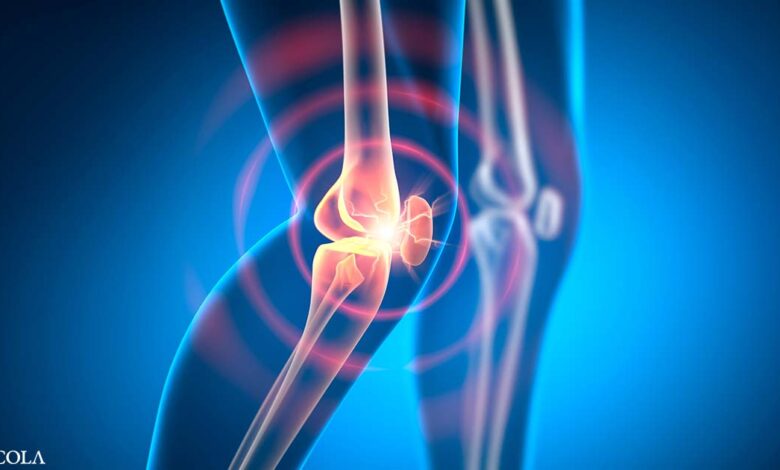Health
-

Unexpected Chemicals Found in Human Milk Raise New Questions About Infant Exposure
Mercola proudly supports these charities and organizations. View All Charities & Organizations More About Mercola.com Disclaimer: The entire contents of this website are based upon the opinions of Dr. Mercola, unless otherwise noted. Individual articles are based upon the opinions of the respective author, who retains copyright as marked. The information on this website is not intended to replace a…
Read More » -

Bowel Prep for Colonoscopies May Disrupt Your Gut Microbiome Balance
Mercola proudly supports these charities and organizations. View All Charities & Organizations More About Mercola.com Disclaimer: The entire contents of this website are based upon the opinions of Dr. Mercola, unless otherwise noted. Individual articles are based upon the opinions of the respective author, who retains copyright as marked. The information on this website is not intended to replace a…
Read More » -

Are Processed Plant-Based Foods Bad for Your Heart? Here’s What Research Says
Mercola proudly supports these charities and organizations. View All Charities & Organizations More About Mercola.com Disclaimer: The entire contents of this website are based upon the opinions of Dr. Mercola, unless otherwise noted. Individual articles are based upon the opinions of the respective author, who retains copyright as marked. The information on this website is not intended to replace a…
Read More » -

More Than Half of Americans Live with Neurological Conditions
Mercola proudly supports these charities and organizations. View All Charities & Organizations More About Mercola.com Disclaimer: The entire contents of this website are based upon the opinions of Dr. Mercola, unless otherwise noted. Individual articles are based upon the opinions of the respective author, who retains copyright as marked. The information on this website is not intended to replace a…
Read More » -

Your Walking Speed Predicts Your Recovery After Hip Surgery
Mercola proudly supports these charities and organizations. View All Charities & Organizations More About Mercola.com Disclaimer: The entire contents of this website are based upon the opinions of Dr. Mercola, unless otherwise noted. Individual articles are based upon the opinions of the respective author, who retains copyright as marked. The information on this website is not intended to replace a…
Read More » -

Toxic Chemicals in Food and Water Disrupt Your Gut Microbiome and Fuel Antibiotic Resistance
Mercola proudly supports these charities and organizations. View All Charities & Organizations More About Mercola.com Disclaimer: The entire contents of this website are based upon the opinions of Dr. Mercola, unless otherwise noted. Individual articles are based upon the opinions of the respective author, who retains copyright as marked. The information on this website is not intended to replace a…
Read More » -

A Hidden Breathing Problem May Help Explain Chronic Fatigue’s Exhaustion
Mercola proudly supports these charities and organizations. View All Charities & Organizations More About Mercola.com Disclaimer: The entire contents of this website are based upon the opinions of Dr. Mercola, unless otherwise noted. Individual articles are based upon the opinions of the respective author, who retains copyright as marked. The information on this website is not intended to replace a…
Read More » -

Study Finds Surprising Differences in Knee Injuries Between Men and Women
The knees do more than bend — for athletes, healthy knees keep them in the game. Every sprint toward the goal, every jump for the rebound, every sudden pivot to block a shot depends on these powerhouse joints. When they’re strong, performance stays sharp and movement stays confident. When they fail, it’s game over — sometimes for a season, sometimes…
Read More » -

Butyrate — The Metabolic Powerhouse Fueling the Gut and Beyond
Short-chain fatty acids (SCFAs) play an important role in human health, particularly within the gastrointestinal tract. They are produced in the colon through the bacterial fermentation of dietary fiber, the indigestible component of plant-based foods. This fermentation process transforms complex carbohydrates into various SCFAs, including acetate, propionate and butyrate, each with distinct physiological effects. Among these, butyrate stands out for…
Read More » -

Circadian System Disruptions in Sleep Apnea Increase the Risk of Nighttime Cardiac Events
Obstructive sleep apnea (OSA) is a disorder where your airway collapses during sleep, and is characterized by loud snoring, choking episodes, poor-quality rest, and daytime exhaustion. Left untreated, it raises your risk for cognitive problems, accelerated aging, and dementia. It also triggers cardiovascular problems, like irregular heart rhythms and heart attacks. Today, 20% of the global population struggles with this…
Read More »
